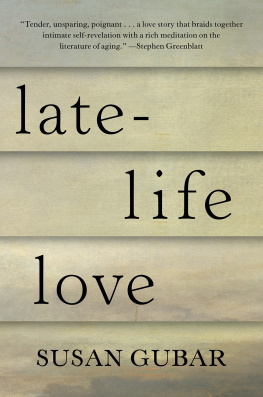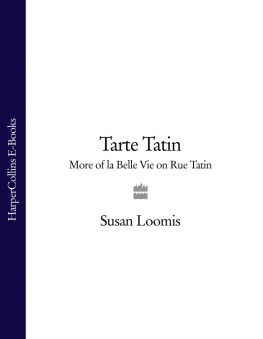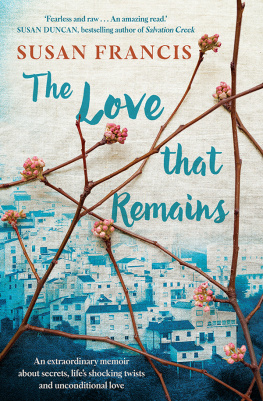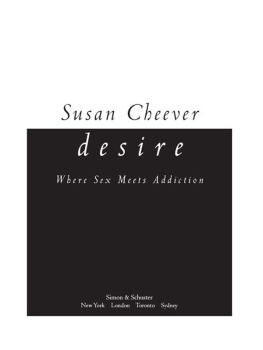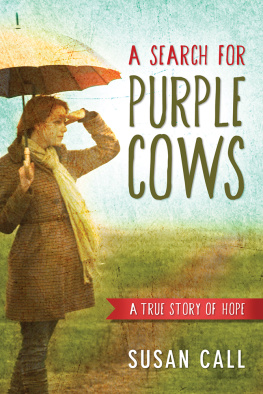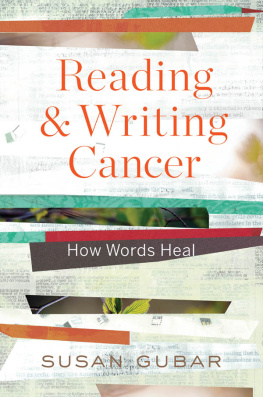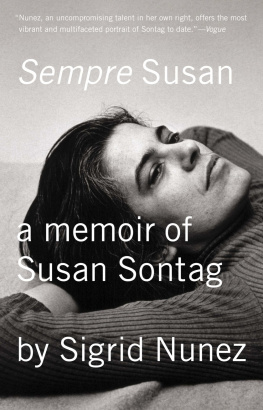Contents
Guide

ALSO BY SUSAN GUBAR
Reading and Writing Cancer: How Words Heal
Memoir of a Debulked Woman: Enduring Ovarian Cancer
Judas: A Biography
Lo largo y lo corto del verso Holocausto
Rooms of Our Own
Poetry After Auschwitz: Remembering What One Never Knew
Critical Condition: Feminism at the Turn of the Century
Racechanges: White Skin, Black Face in American Culture
Masterpiece Theatre: An Academic Melodrama
(with Sandra M. Gilbert)
No Mans Land: The Place of the Woman Writer in the Twentieth Century (with Sandra M. Gilbert)
Volume 1: The War of the Words
Volume 2: Sexchanges
Volume 3: Letters from the Front
The Madwoman in the Attic: The Woman Writer and the Nineteenth-Century Literary Imagination (with Sandra M. Gilbert)
EDITOR:
True Confessions: Feminist Professors Tell Stories Out of School
Feminist Literary Theory and Criticism: A Norton Reader
(with Sandra M. Gilbert)
MotherSongs: Poems for, by, and about Mothers
(with Sandra M. Gilbert and Diana OHehir)
English Inside and Out: The Places of Literary Criticism
(with Jonathan Kamholtz)
For Adult Users Only: The Dilemma of Violent Pornography
(with Joan Hoff)
The Norton Anthology of Literature by Women:
The Traditions in English (with Sandra M. Gilbert)
Shakespeares Sisters: Feminist Essays on Women Poets
(with Sandra M. Gilbert)

Late-Life Love is a work of nonfiction. Some names
and potentially identifying details have been changed.
Copyright 2019 by Susan Gubar
All rights reserved
First Edition
For information about permission to reproduce selections from this book, write to Permissions, W. W. Norton & Company, Inc.,
500 Fifth Avenue, New York, NY 10110
For information about special discounts for bulk purchases,
please contact W. W. Norton Special Sales
at specialsales@wwnorton.com or 800-233-4830
Jacket design by Jennifer Carrow
Jacket art: The Evening Star, c. 1830 by Joseph Mallord
William Turner (17751851) / Heritage Image Partnership Ltd / Alamy Stock Photo
Book design by Ellen Cipriano
Production manager: Lauren Abbate
The Library of Congress has cataloged the printed edition as follows: is available
ISBN: 978-0-393-60957-8
ISBN: 978-0-393-60958-5 (ebk.)
W. W. Norton & Company, Inc., 500 Fifth Avenue, New York, N.Y. 10110
www.wwnorton.com
W. W. Norton & Company Ltd., 15 Carlisle Street, London W1D 3BS
For other aging lovers,
And with veneration for mine
Why would they want one another,
those two old crocks of habit
up heavy from the stale bed?
JOHN CIARDI,
THE AGING LOVERS
Contents


I AM SICK and he is old, but a fierce affection binds us to each other and to this country house, which we will have to leave. When twenty-one years ago we first made our way down its sloping driveway alongside a meadow with massive trees, I called it Pemberley, but Don thought its brick faade and long windows looked more like the cottage in which Jane Austen herself resided. Eventually, because of its address, it became simply the Inverness.
At that time, Don lived in a subdivision, I in town. Both places were saturated with histories we had no wish to escape or negate, but we wanted a home of our own. Neither of us could have afforded the Inverness alone. With enough space to accommodate his two grown daughters and my younger two as well, it represented our new life together. We marveled at our luck when we found it in the spring of 1994. All the peonies were blooming in a side garden near a small red barn, really more of a shed. Built in the sixties, the house had been gutted and redesigned by a businesswoman who never moved in, because she was called away by a job in California. She had been much more competent than we could have been about restoring or constructing the gleaming hardwood floors, the white kitchen cabinets, and the nut-brown screened-in back porch with its skylight.
But now it seems too large for just the two of us. The steps from the second-floor bedroom to the basement hurt Dons knees. I worry that arthritis or his swollen left foot will cause him to stumble while he labors to bring a laundry basket down or up. My weekly job hauling the garbage bin up the driveway all the way to the road gets progressively more taxing, especially in bad weather. Recycling means loading the car with heavy boxes of glass bottles and plastic containers and a long trip to the dump. The rusty garage door creaks; the exterior trim needs painting; the noisy dishwasher should be replaced.
Except for some tall grasses I planted a decade ago, the side garden has gone to ruin. Clogged by weeds, the sliding door of the red shed jammed shut long ago. Given all the trees, a windy day can produce electrical outages, knocking out the furnace, phones, water heater, oven, lights, and (worst of all) the Internet. We feel daunted by leaf-cluttered drains, a rutted driveway, rattling storm windows, successive infestations of mice or ladybugs or wasps.
The house, positioned between a wooded ravine and a rolling field, remains a pastoral retreat from strip malls, grocery and drug stores, restaurants and the noisy hangouts of the students at the university. The only sounds we hear are birds tapping on feeders in the winter, their songs in summer. But Dons driving has recently become erraticin the pauses that punctuate switching lanes or pulling out onto the highway, the weirdly wide turns, the jerky reverses and forwards needed to repark between the lines. Since being driven by me distresses him, we know we should move into town. Yet we shudder at the thought of a unit in a retirement community, a condo apartment, or a 1950s ranch house in what is euphemistically called a heritage neighborhood of unsightly bungalows.
On Thanksgiving in 2014, the Inverness lived up to its promise by hosting family members also arriving to celebrate my seventieth birthday. Three of our daughters, two of their husbands, the brother of one of the husbands, and three of our grandsons stayed at the house. None of us had thought I would make it to the biblical span of three score and ten, since my ovarian cancer diagnosis back in 2008 came with a three- to five-year prognosis. Unexpectedly, an experimental drug in a clinical trial was keeping the disease at bay, and we hoped it would continue working at least for a while. Despite all the treatments, I did not feel seventymaybe because the current regimen has eased up considerably. When I can ignore physical disabilities and fatigue, my psychic age hovers, as it did before diagnosis, around fifteen.
The commotion turned out to overwhelm Don. Seventeen years older than I, he seemed dazed by the noise, the constant cooking and serving and clearing and cleaning, the antics of the infant, the toddler, and the second-grader. During the party the girls organized for my birthday, I found him sitting by a window in a corner of his study, probably counting the days until peace would descend. His withdrawal contrasted with his usual courtesy to guests. So as the house started to empty out, I went to sleep glad that I had boiled the turkey carcass for the soup I knew he would enjoy after the last stragglers left.

